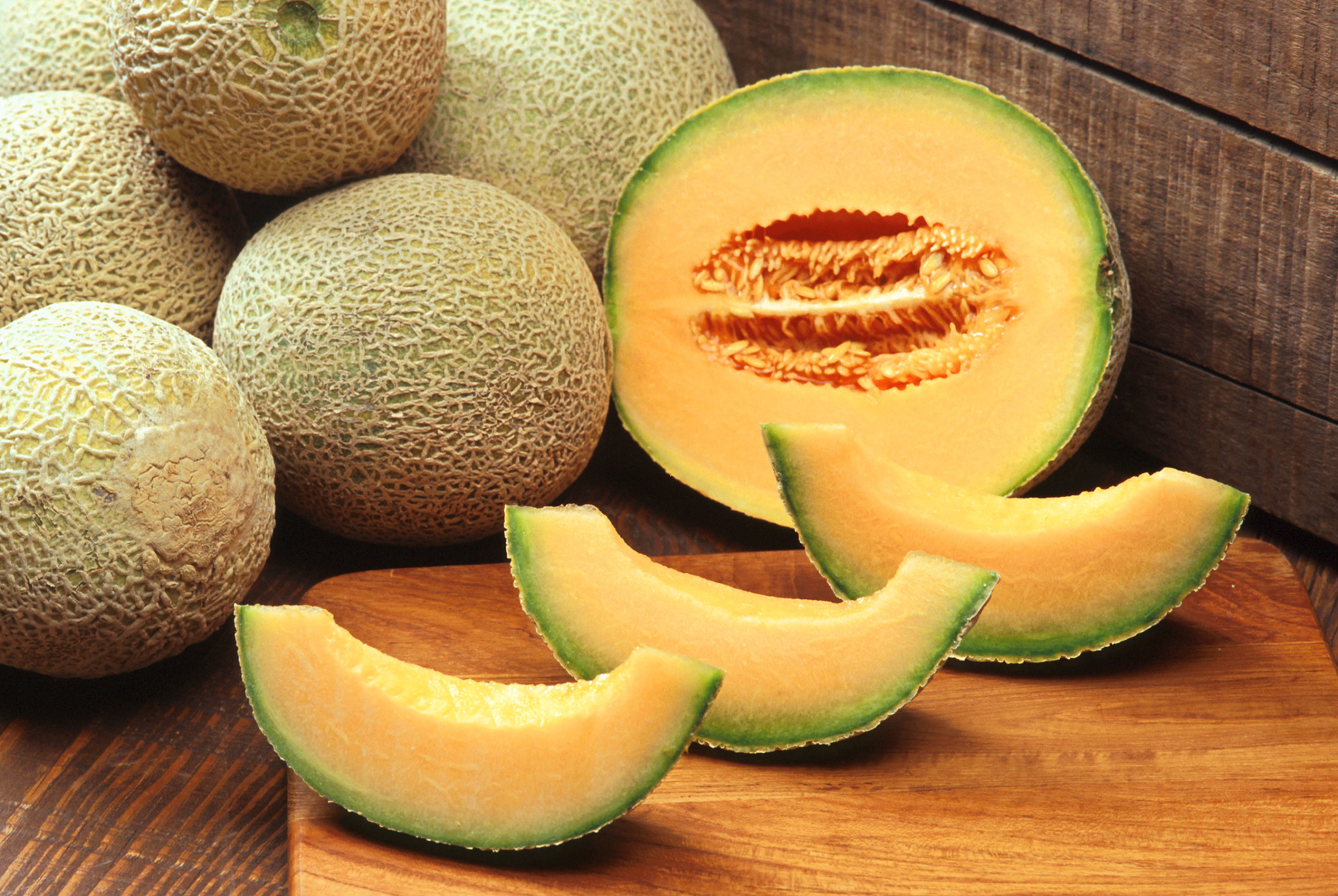



Article by: Hari Yellina
Melons Australia has demonstrated a trial of how to get data from entire fruit to chopped pieces at the shop. According to the industry’s trade group, the project aims to increase consumer contact with farmers while also increasing consumer confidence in the freshness and food safety of cut watermelons. Because traceability data flow might be disrupted along the supply chain due to various circumstances, achieving through-chain data flow in produce traceability remains a significant industry concern. An entire watermelon, for example, is sliced into cut pieces and displayed at the supermarket. Even if the entire fruit is labelled, in-store chopping disrupts the flow of traceability data to the consumer.
With a seedless watermelon traceability trial presently underway, led by Melons Australia and the NSW Department of Primary Industries, that could be a thing of the past (NSW DPI). A track and trace project comprising a Queensland melon grower, as well as cooperation from SMA Marketing, FreshChain, and Woolworths, has tested seedless watermelons in the domestic supply chain. Each whole watermelon was labelled on-farm with a serialised and unique QR code with a GS1 digital link URI holding crucial information for supply chain partners as part of this project. In an Australian first, Melons Australia reported that the trial successfully translated all entire watermelon data to the cut product of that same fruit, maintaining traceability from farm to customer.
A FreshChain system was used across the supply chain to achieve this result, which included printing labels on-demand in the store with varying data for cut pieces. The cut-product label also includes a barcode for scanning at the supermarket point-of-sale, as well as a human-readable date and time of cut. QR tags gave information on the farm’s location, harvest date, food safety certificates, and the ability to provide input on fruit quality to consumers. According to Johnathon Davey, Executive Officer of Melons Australia, the melon business is leading the way in digitising product identity and sharing production data, and is strongly focused on soliciting consumer feedback on fruit quality.
“With customers’ familiarity with QR codes during COVID-tracing, industry has a fantastic chance to present QR codes for consumers to scan and appreciate the fruit’s journey and the story of the grower,” says the industry “he added. “We also invite customers to give us comments on the quality of the fruit.” SMA Marketing (SMA) represents nine watermelon-growing companies across Australia. “We need traceability to strengthen our competitiveness and consumer confidence in Australian-grown fruit,” says the company “According to Chairman David Grace OAM. “To match consumer expectations, we must provide end-to-end traceability utilising serialisation, as well as the capacity to monitor our supply chain and solicit user input.”
The melon business contributes significantly to Australia’s fresh fruit exports, and it aspires to strengthen its position in premium export markets by supplying high-quality, safe, and traceable products. This traceability effort aims to improve melon traceability and supply chain monitoring, as well as assist avoid food fraud and engage consumers. Digital traceability combined with proper labelling can help the business reach its full competitive potential in high-value export markets. The NSW DPI established a traceability adoption framework for the industry as part of this initiative, ensuring that the industry leads in traceability based on globally acknowledged GS1 standards.
The project team has built a decision support system that is now being verified through these pilot trials to remove the challenges to digital traceability adoption. Melon growers would be able to choose the optimal traceability solution to satisfy their business goals and compliance requirements for domestic and export market access. “A uniform and consistent approach to promoting standards-based traceability is critical to guarantee that the traceability systems in the horticulture sector are fit-for-purpose across the supply chain,” stated NSW DPI principal researcher Dr. S.P. Singh. “With this pilot, we were able to overcome the most difficult traceability data flow barrier in the melon supply chain.”
The Australian Department of Agriculture, Water and the Environment has provided funds to Melons Australia, the leading industry group for the Australian melon industry, to improve the use of traceability systems in domestic and export supply chains. FreshChain is a paddock to plate assurance system that uses blockchain technology to verify the food you eat. This advanced traceability project is fantastic news for the sector and serves as a model for the fresh food business, which is dealing with similar data flow difficulties,” said Greg Calvert of FreshChain. “The digital transformation of the fresh food supply chain offers endless opportunity to inform, protect, and engage customers.”